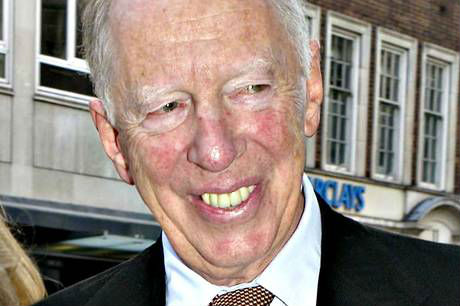In 2013, Hungary was able to kick out the International Monetary Fund (IMF); that July the government announced plans to repay the IMF bailout (and for it to vacate the Budapest office) and by August the same year, the Central European country had indeed arranged an early payment of its loan.
Video from our personal friends who have interviewed me: We are Change:
Prime Minister, Viktor Orban, wanted to ease off austerity measures and prove to the world that they could go it alone- something they proved in 2011 when they issued their first bond (after borrowing off the global markets). And while they are now economically sovereign, things haven’t always been smooth sailing since borrowing €20 billion to avoid becoming insolvent during the economic crisis of 2008.
But when they paid the loan back early, it meant saving €11.7 million worth of interest expenses they would have paid to the IMF- whom many claim is owned by the Rothschild group, the biggest banking group in the world (check out the article we did on them here). If you believe they have their fingers in almost every central bank in the world you’ll understand that not only do they make money off usurious interest rates, at the misfortune of crumbling economies, but they also literally own Governments and people of power. IF this is true, they have considerable influence.
And that is why escaping the banks clutches is an amazing feat:
- Iceland paid back its $400 million dollar loan in 2014, ahead of schedule after the collapse of the banking sector in 2008.
- And Russia freed itself in 2005.
These three countries returning to financial independence hasn’t happened since Germany did so in the 1930’s (and Greece is desperately trying to join them all at the big kids table but they are struggling). Given the tone in Europe since the Brexit vote, we will keep an eye on how this story further unfolds.
Source: The New York Evening












